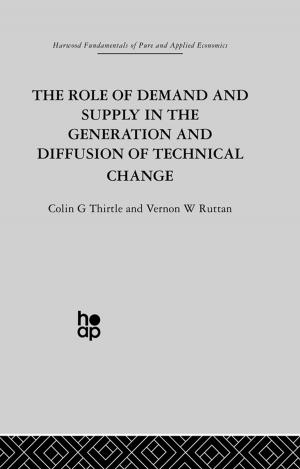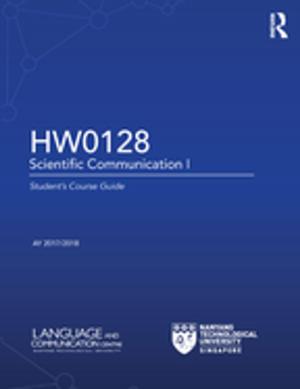Perspectives on School at Seven Years Old
Nonfiction, Reference & Language, Education & Teaching, Educational Theory, Educational Reform, Philosophy & Social Aspects| Author: | ISBN: | 9781136669408 | |
| Publisher: | Taylor and Francis | Publication: | May 31, 2012 |
| Imprint: | Routledge | Language: | English |
| Author: | |
| ISBN: | 9781136669408 |
| Publisher: | Taylor and Francis |
| Publication: | May 31, 2012 |
| Imprint: | Routledge |
| Language: | English |
This volume looks at the social and intellectual forces which the child encounters in class-room and playground from the parent’s point of view. School and home are seen as the separate yet overlapping worlds of childhood – for some children more uncompromisingly separated than for others. In the social development of the child, school functions as a link between the kinds of demands (and immunities) which are characteristic of family life, and those which the child will discover in the wider society of adulthood. The authors provide a meeting-point for developmental psychology, sociology and education, to the illumination of all three. There is a concern with the daily life of ‘ordinary’children in ‘ordinary’ families. School reluctance – rather than the more clinical school phobia or truancy – is delicately probed. The back-up that parents provide at home, directly or indirectly, is objectively evaluated, yet with empathy for parents’ and teachers’ anxieties about their roles.
This volume looks at the social and intellectual forces which the child encounters in class-room and playground from the parent’s point of view. School and home are seen as the separate yet overlapping worlds of childhood – for some children more uncompromisingly separated than for others. In the social development of the child, school functions as a link between the kinds of demands (and immunities) which are characteristic of family life, and those which the child will discover in the wider society of adulthood. The authors provide a meeting-point for developmental psychology, sociology and education, to the illumination of all three. There is a concern with the daily life of ‘ordinary’children in ‘ordinary’ families. School reluctance – rather than the more clinical school phobia or truancy – is delicately probed. The back-up that parents provide at home, directly or indirectly, is objectively evaluated, yet with empathy for parents’ and teachers’ anxieties about their roles.















